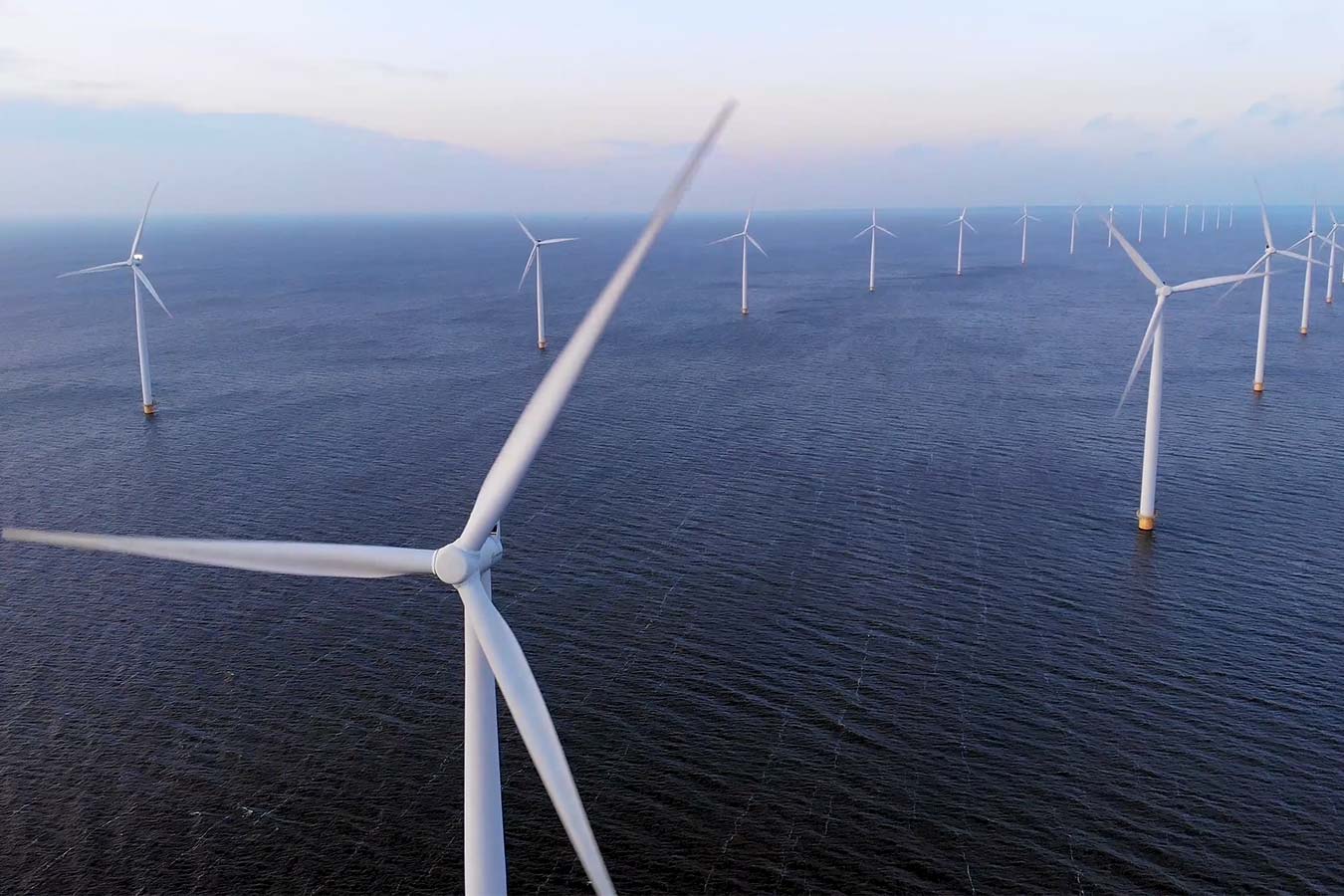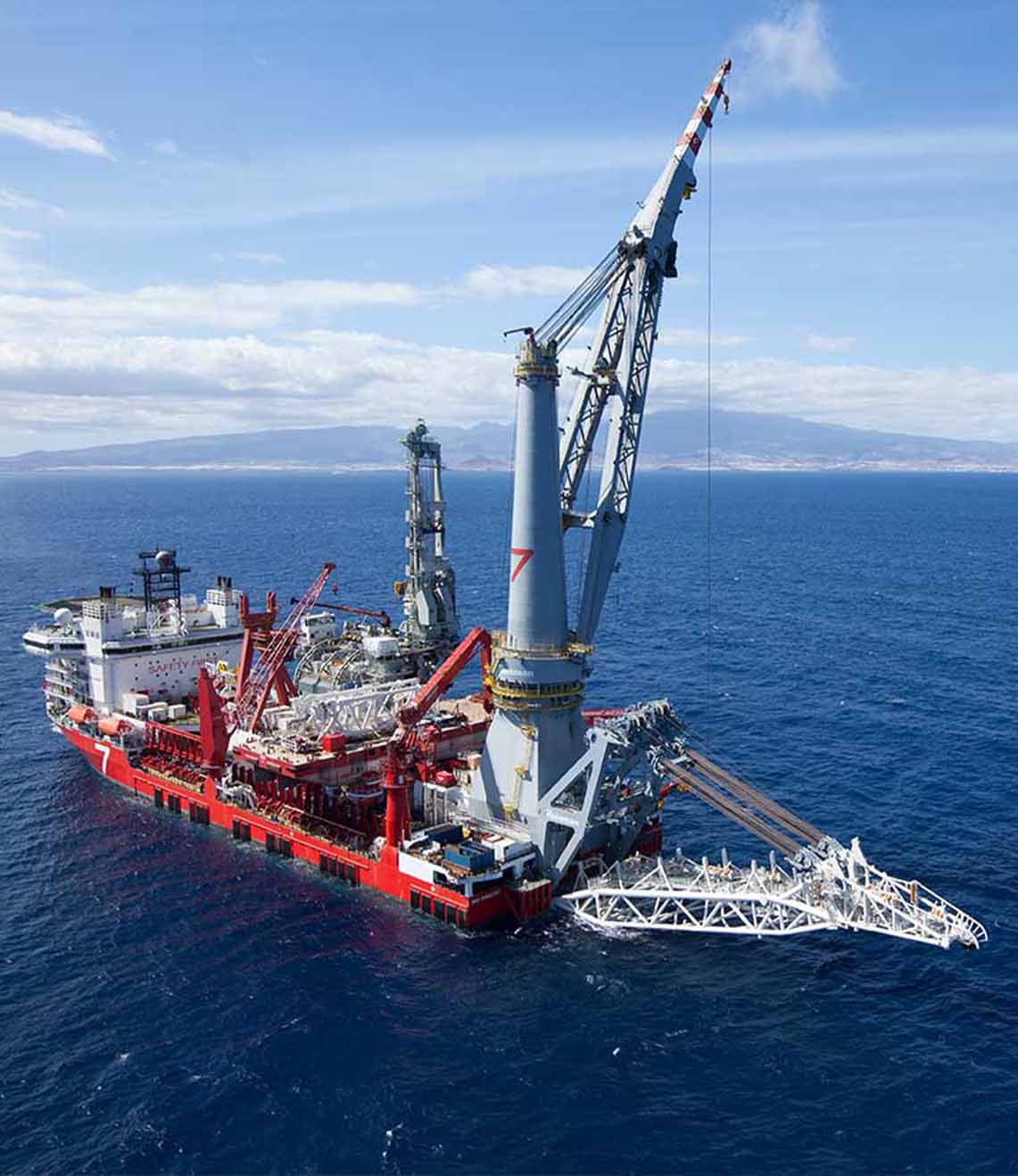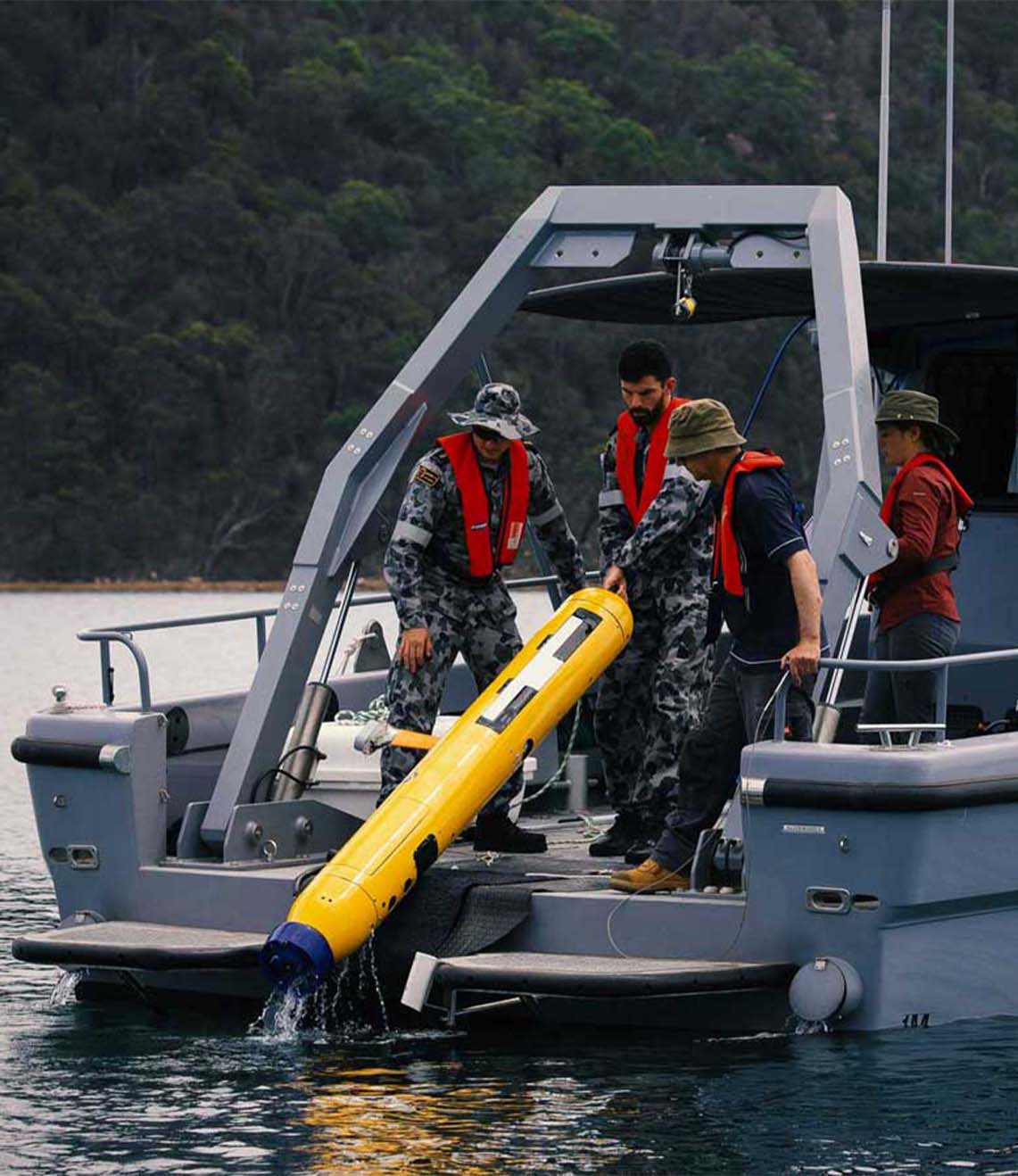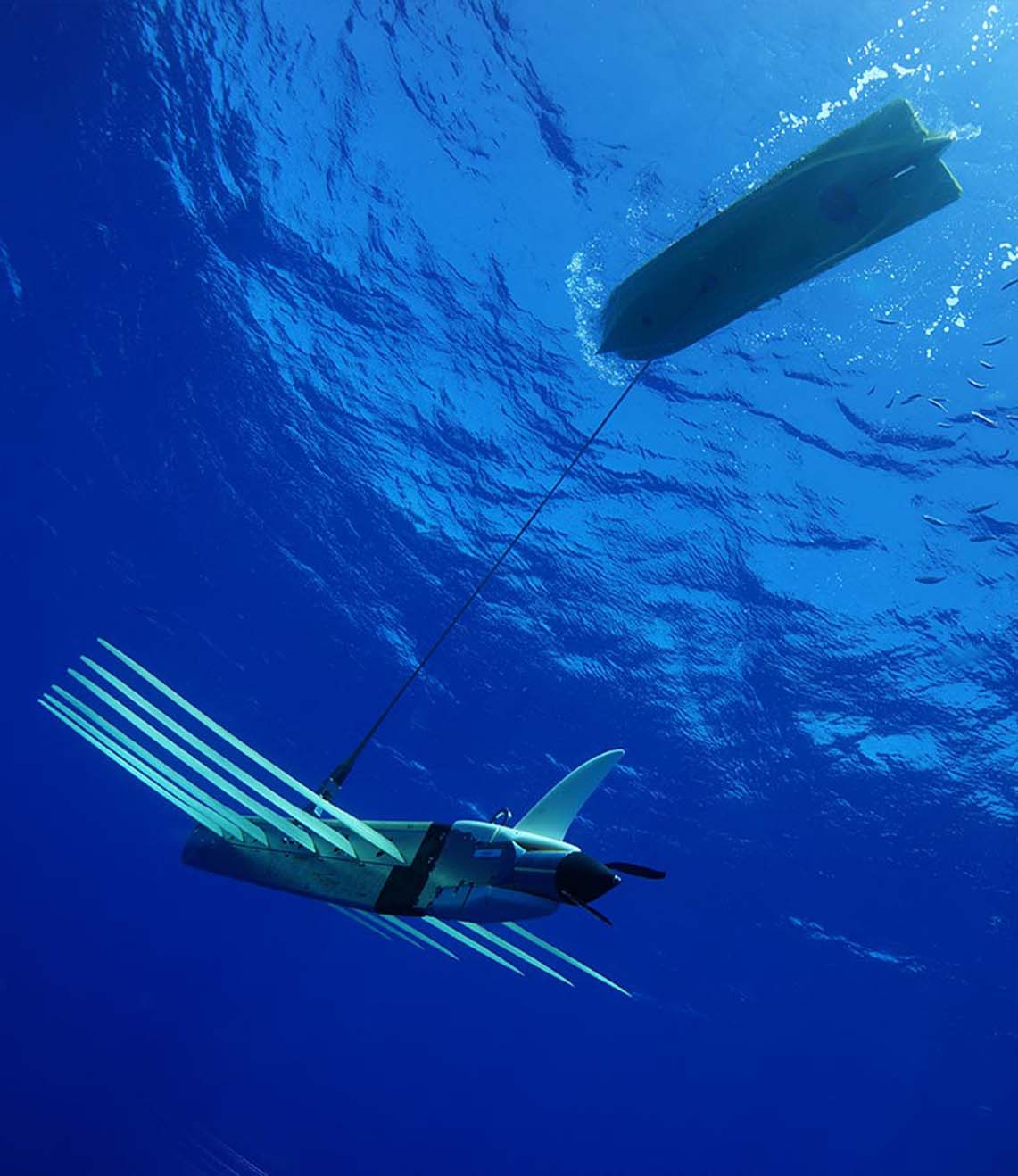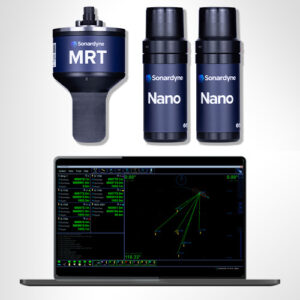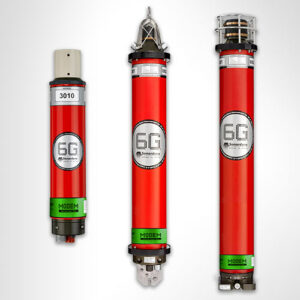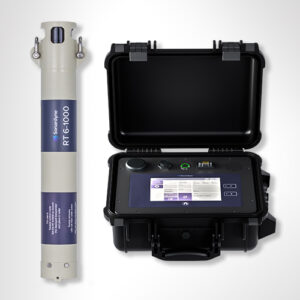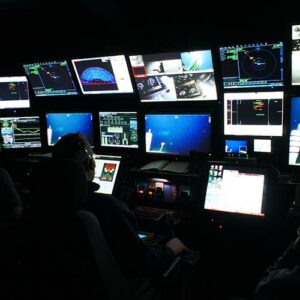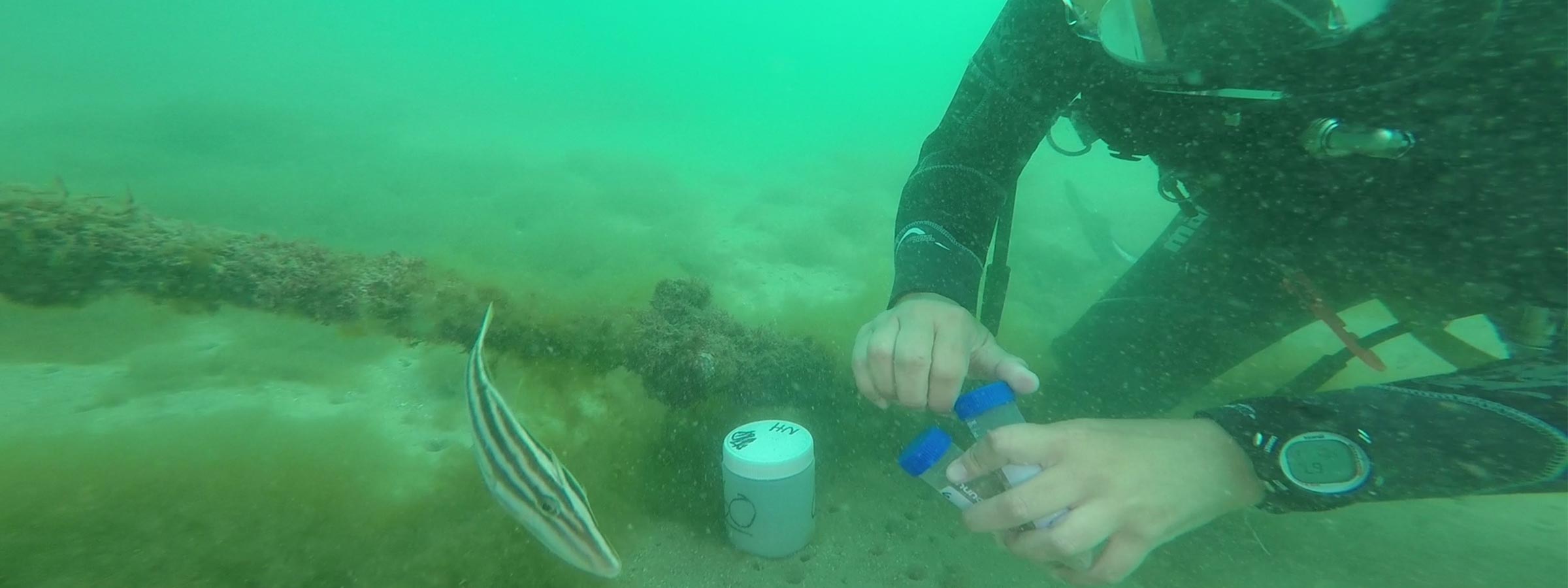
Coastal science
We can help you unlock the full value of your coastal ecosystem science by acquiring the data you need, when you need it. Our versatile technologies can track divers and vehicles, locate seabed equipment, deploy landers and retrieve moorings.

What our tech can do for you
10
Simultaneously track up to 10 ROVs, divers, underwater targets
Quick
Portable and quick to mobilise acoustic tracking from any waterside location or vessel
Release
Integrated acoustic releases to speed up recovering your instrument
10 hours
Operating life of Micro-Ranger 2 portable before it needs recharging
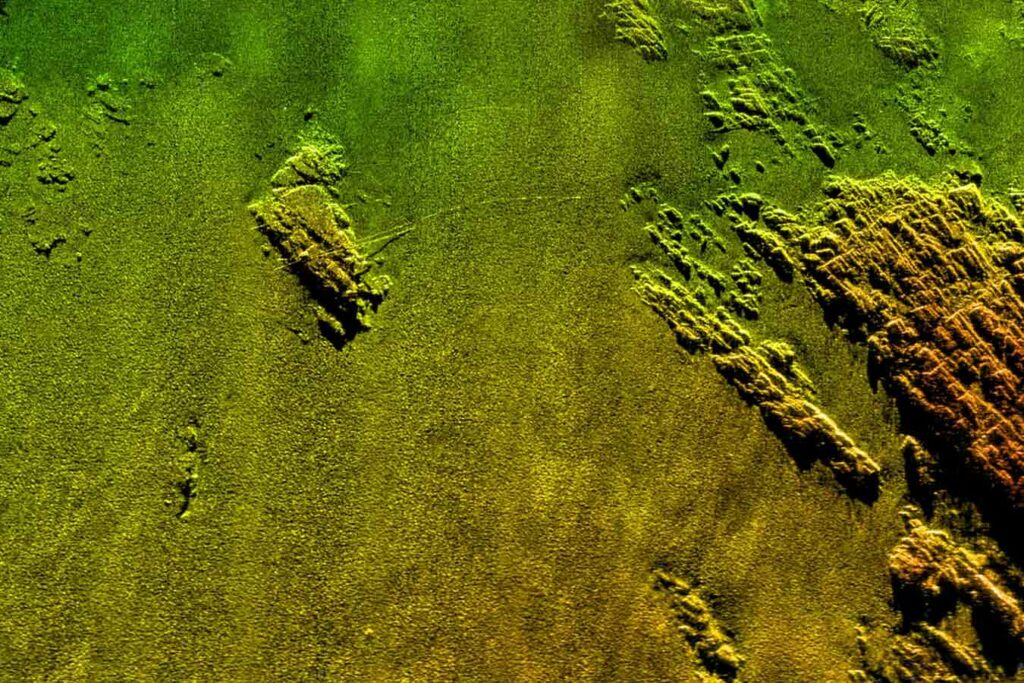
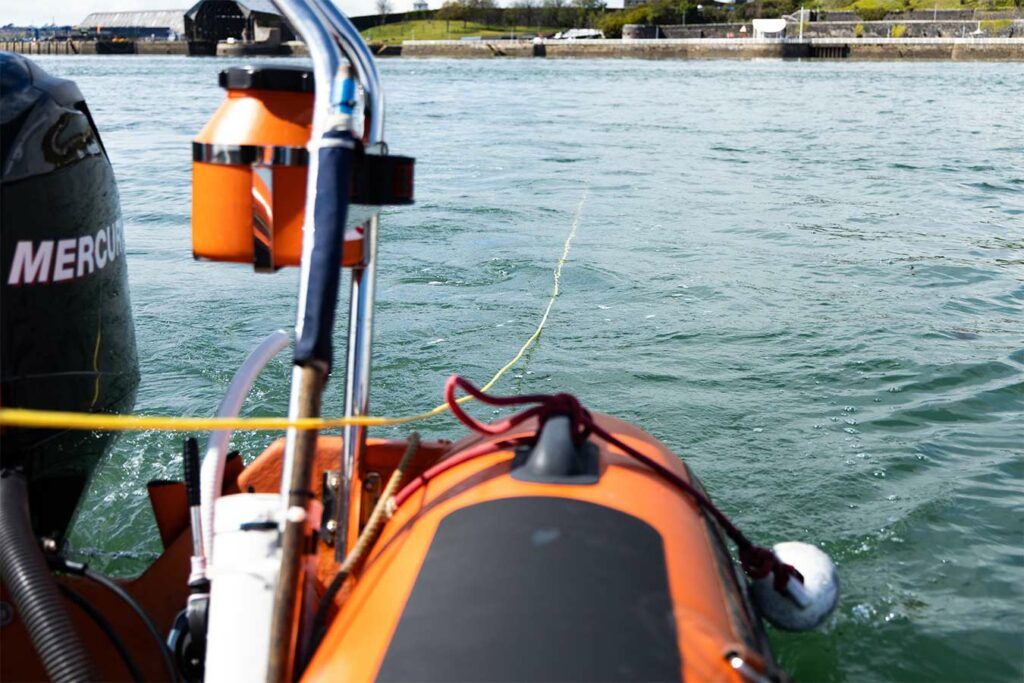
Diverse applications
As the waters around our coasts become increasingly busy with a wide variety of uses, the need to understand the interrelationships between natural processes and human activity has become a significant focus for science. While increasing coastal populations are subject to a variety of natural hazards from the sea such as storms, new marine activities ranging from leisure uses to renewable power generation potentially have unforeseen impacts on our coastal seas. These challenges give rise to a diverse range of science data needs, including environmental impact assessments for coastal installations that require flexible observational solutions, while precise geo-location of seabed samples is often critical.
Environmental challenges
While the collection of data in deep water has certain challenges, the coastal subsea environment is often highly reverberate and littered with numerous noise sources. Consequently science users are dependent on robust solutions that can cope with these conditions, such as ensuring that acoustic releases are resistant to premature release and that positioning and communications systems are resistant to multipath effects. Bio-fouling can also be a significant issue in shallow water environments, and instruments that are deployed in such waters need to be designed to operate with minimal impairment in such conditions.
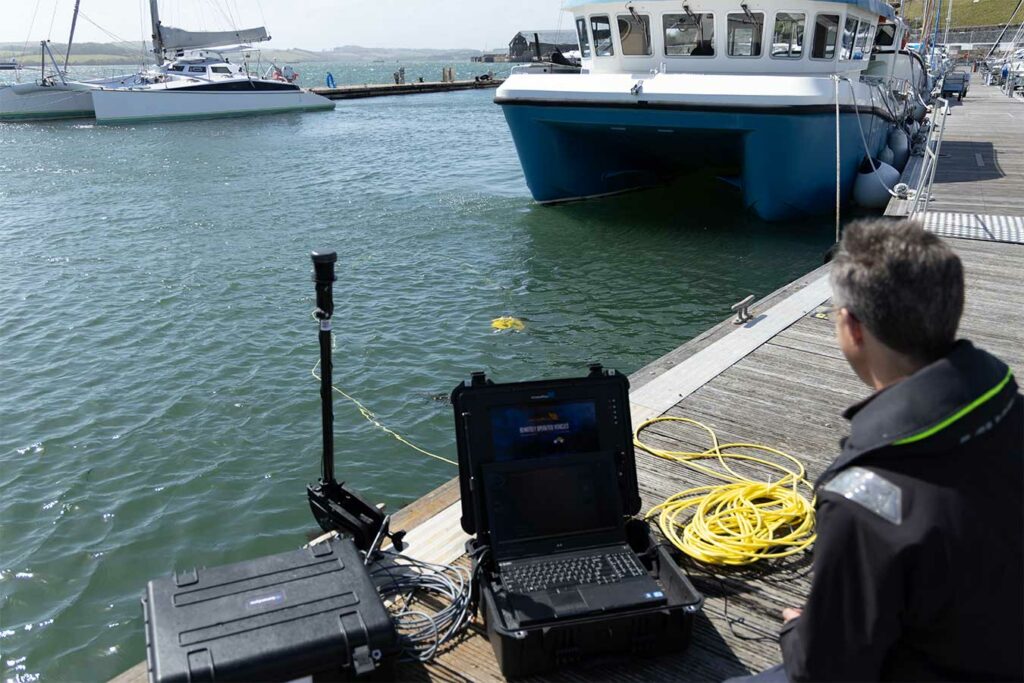
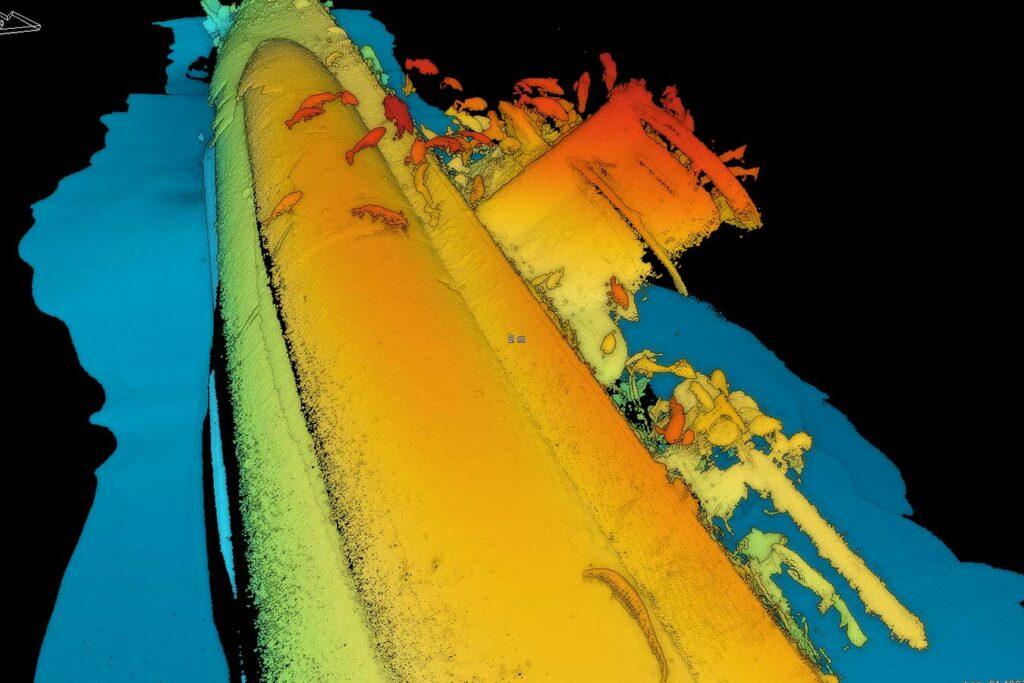
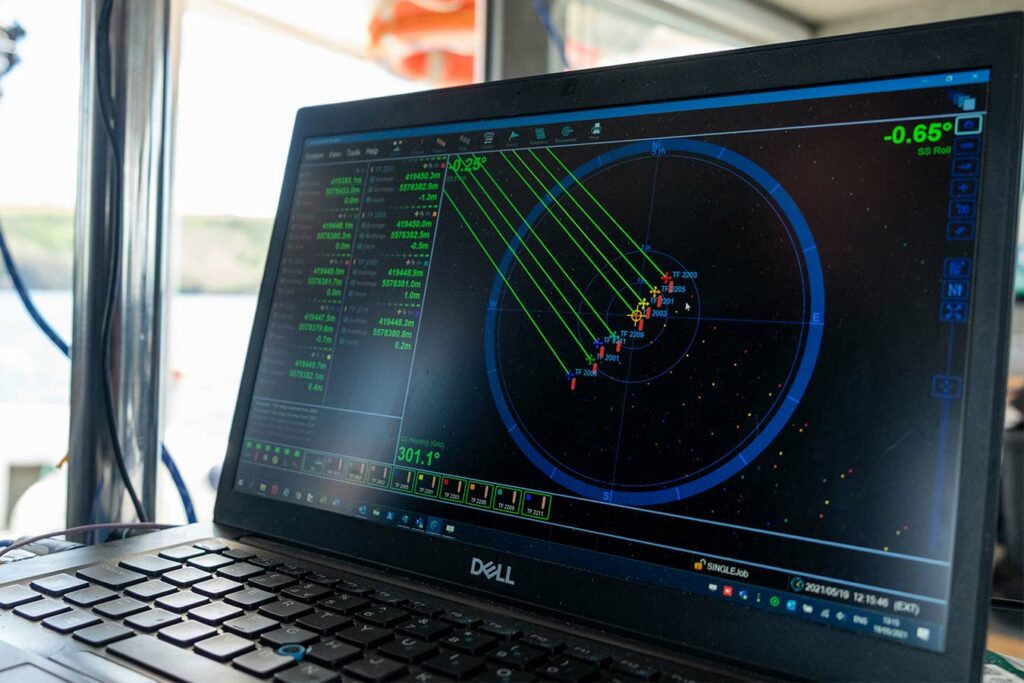
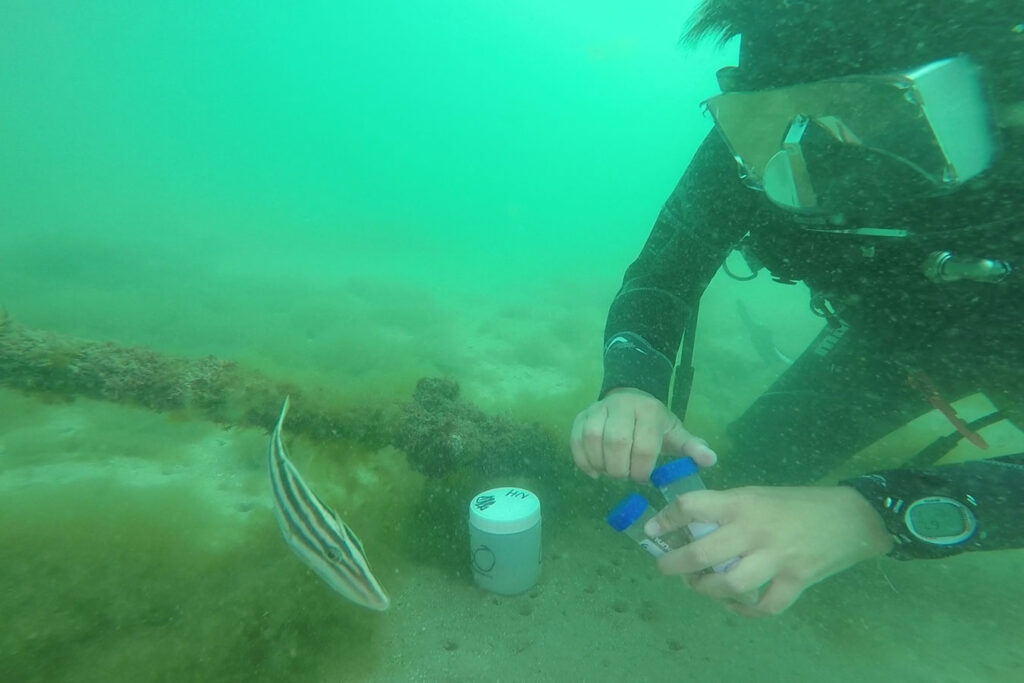
Complex operations
With so many diverse users, the coastal shallow water environment is a complex area to work and therefore science operations need to be both de-conflicted with other uses and carried out safely. This is especially important for scientific diving operations, which may involve collection of sediment samples, underwater video transects and biota, often in poor visibility and in the vicinity of leisure craft and/or hazards such as moorings or structures.
Portability
Many scientific users need to be able to mobilise frequently onto small coastal vessels including RIBs, where time is at a premium and ease of use is critical. Payload space and weight are also limited in these vessels, while the ability to operate equipment in open boats can often be a requirement.
